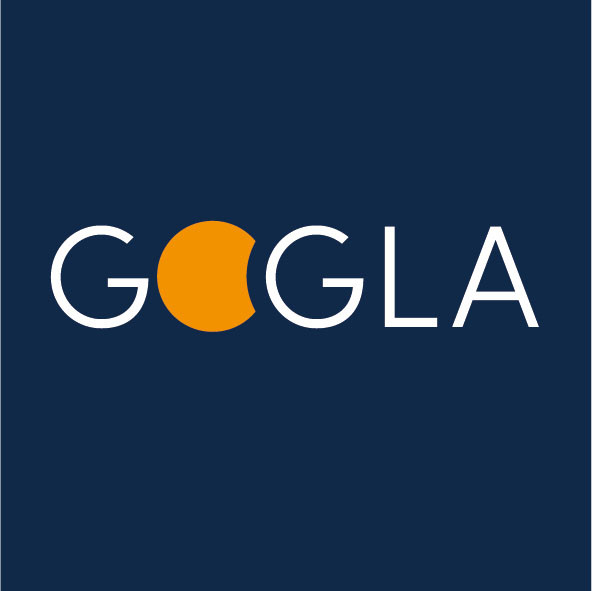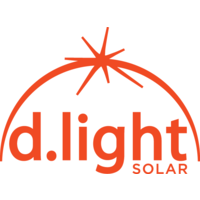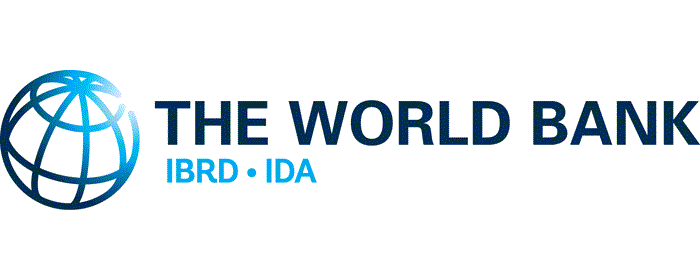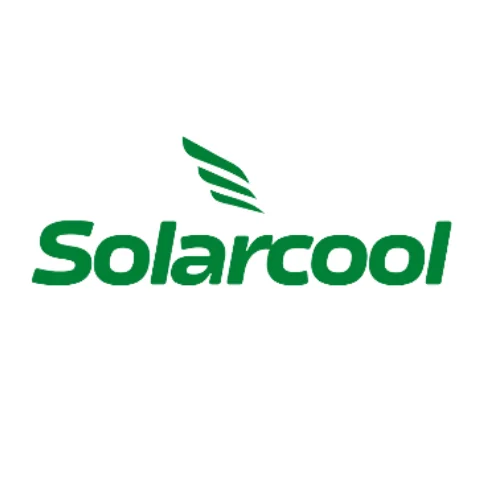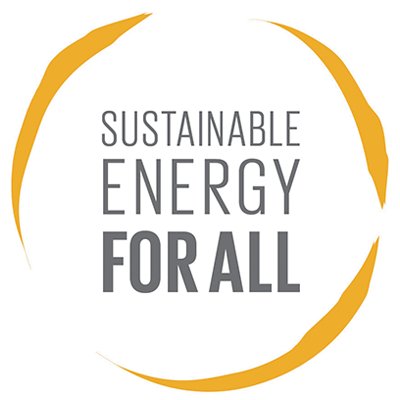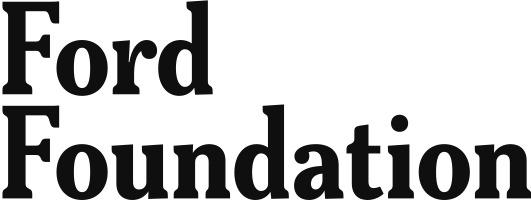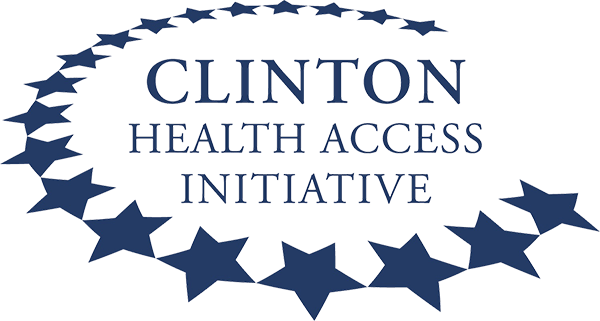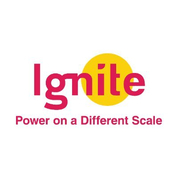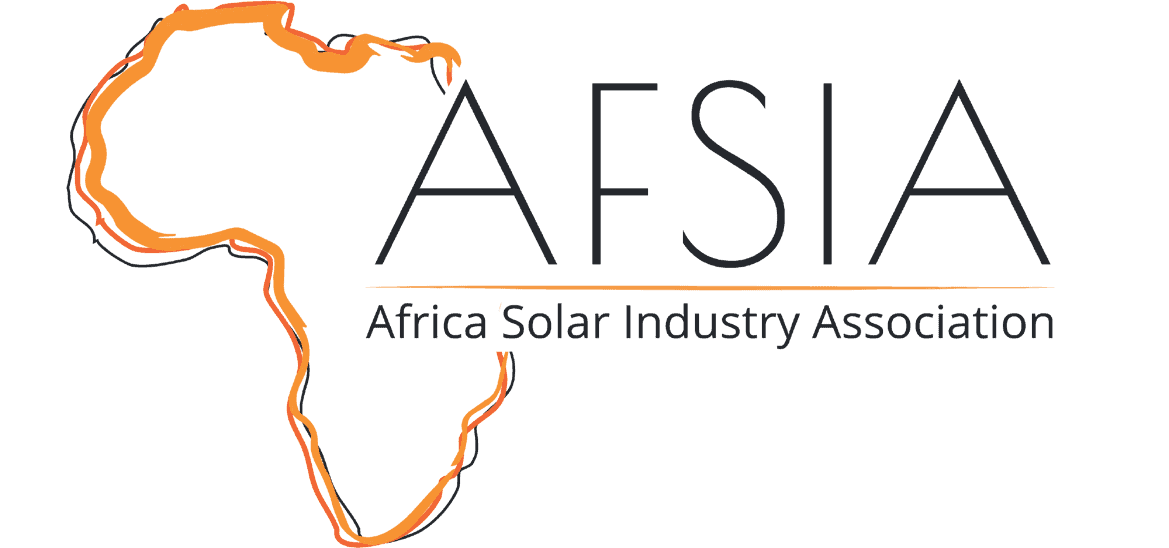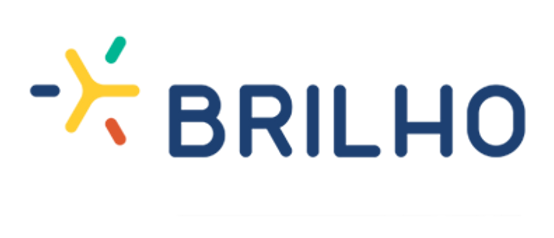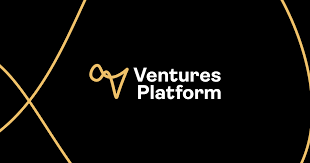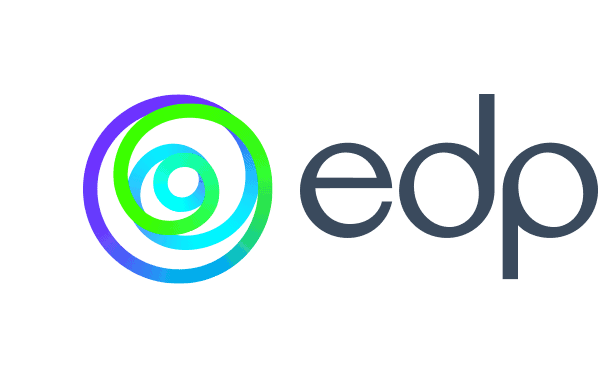14 April 2025: Swiss solar water pump innovator ENNOS and Ugandan technology and electronics manufacturing leader INNOVEX have officially launched a groundbreaking partnership aimed at addressing water scarcity in rural and developing regions.
The partnership was inaugurated by Hon. Dr. Monica Musenero, Minister of Science, Technology, and Innovation, on 10th April 2025, at the Deep Tech Centre of Excellence located in Namanve Industrial Park, Uganda. In her address, Hon. Dr. Monica Musenero stated, “The Government of Uganda warmly welcomes this innovative partnership. This smart solar water pumping solution enables rural farmers to affordably acquire irrigation systems through installments, thereby enhancing productivity. It further paves the way for scaling irrigation-as-a-service, significantly improving agricultural output and rural livelihoods. On behalf of the Government of Uganda, I endorse this partnership wholeheartedly and formally launch it”.
Speaking at the event, Douglas Baguma, Managing Director of Innovex, emphasized the significance of this collaboration: “This partnership marks a historic milestone in Uganda’s technological and manufacturing landscape. It demonstrates our commitment to realising African business potential through local technological advancement. By locally manufacturing high-value components, we’re creating employment opportunities, driving innovation, and enabling sustainable economic growth. This aligns perfectly with our vision of empowering communities through cutting-edge, locally developed technology solutions.”
Karin Jeanneret Vezzini, CEO of ENNOS, further commented on the strategic significance of the partnership: “By combining ENNOS’s globally recognized solar water pump controller technology with INNOVEX’s advanced remote monitoring capabilities (REMOT platform), we offer an unmatched solution for efficient, affordable, and sustainable water access. Imagine optimized pump performance, proactive remote management, and actionable data-driven insights—all contributing to sustainable electrification, increased agricultural productivity, and a greener future.”
This partnership is more than just a business collaboration—it represents a fusion of Swiss technological precision and Ugandan innovation, designed specifically to deliver tangible impacts and set new industry standards in solar water solutions. Already, the partnership has secured an initial order of 2,000 units, scheduled for delivery by the end of December 2025. This landmark collaboration has also created 30 direct high-value jobs at launch, with projections indicating a fivefold growth in employment over the next five years. By 2030, the partnership aims to export over 100,000 IoT-enabled solar pumps, significantly contributing to Uganda’s economy through foreign exchange earnings and attracting additional investments.
###
About ENNOS AG: ENNOS AG, headquartered in Switzerland, specializes in the development, manufacturing, and distribution of market-leading solar water pump technologies. Their solutions emphasize efficiency, reliability, and affordability, primarily benefiting rural and developing regions globally.
About INNOVEX (U) Ltd: INNOVEX Uganda Ltd is a premier Ugandan electronics manufacturer and technology provider known for its proprietary REMOT IoT monitoring platform. Based in Kampala, Innovex delivers world-class electronics manufacturing services and innovative digital solutions to advance renewable energy adoption and economic development across Africa.







